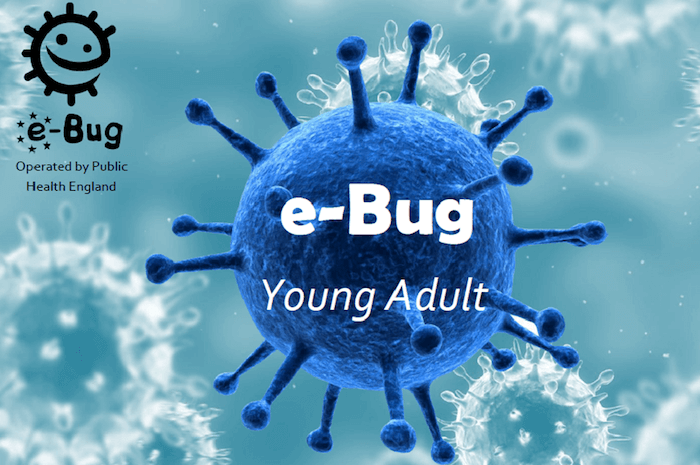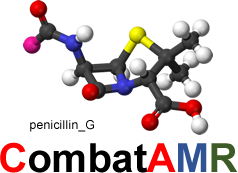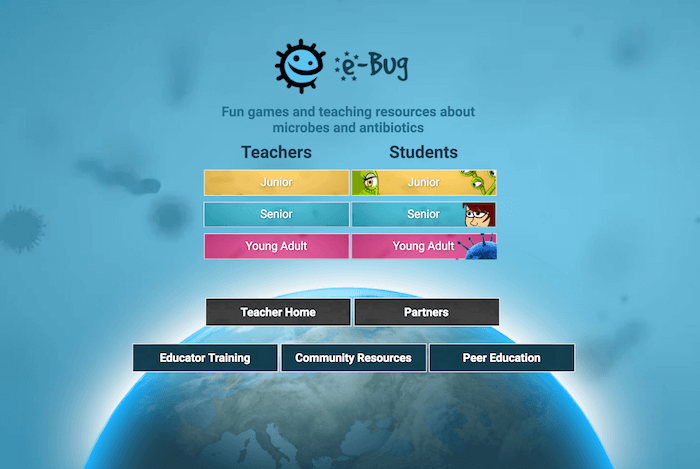 >Keep Antibiotics Working’ campaign re-launched
>Keep Antibiotics Working’ campaign re-launched
http://antibioticguardian.com/keep-antibiotics-working/
23.10.2018. The campaign educates the public about the risks of antibiotic resistance, urging people to always take the advice of healthcare professionals as to when they need antibiotics. The campaign also provides effective self-care advice to help individuals and their families feel better if they are not prescribed antibiotics. Watch the new campaign video!
"The UK has made great efforts in recent years to reduce prescribing rates of antibiotics, however, there continues to be a real need to preserve the drugs we have so that they remain effective for those who really need them and prevent infections emerging in the first place. This is not just an issue for doctors and nurses, the public have a huge role to play – today’s data and the launch of the national ‘Keep Antibiotics Working’ campaign must be a further wake-up call to us all."
Professor Dame Sally Davies, Chief Medical Officer for England.

Antimicrobial resistance is a huge public health concern and tackling it is one of PHE’s seven priorities. As antimicrobial resistance worsens, our antibiotics become less effective, and it’s vital that we keep the public informed on this issue including how they can contribute to save some of our most precious medicines. One aspect of this education is to encourage people to be prudent with antibiotic use - and that includes children and young people. Public Health England (PHE) created a highly engaging and innovative global education programme - eBUG.

>http://www.e-bug.eu/
The e-Bug project is led by Public Health England’s (PHE) Primary Care Unit in England and involves a consortium of 28 international partner countries. The project aims to educate children and young people across the globe, at junior and senior school level, about microbiology, hygiene and the spread, treatment and prevention of disease. For more information visit http://www.e-bug.eu/partners/index.html
e-Bug also aims to reinforce an awareness of the benefits of prudent antibiotic use and how inappropriate use can have an adverse effect on antibiotic resistance in the community. The areas of hand and respiratory hygiene and spread of infections in the community are also covered, including teaching how to wash hands most effectively. NB: In 2012, e-Bug in collaboration with Schools Council UK broke a Guinness World Record for the largest simultaneous hand hygiene lesson plan at multiple venues, which took place on Global Handwashing Day.
e-Bug resources comprise of a teacher and student educational pack reinforcing an awareness of essential hygiene and antibiotic issues through detailed interactive lesson plans and an interactive website hosting complementary games, interactive quizzes, disease fact sheets and much more.
So why should teachers consider using e-Bug? The resources are evidence based and have been developed alongside students, teachers and public health professionals. A consortium of 18 partner countries were involved in the development of e-Bug in 2006. Materials have been recognised by NICE, and NICE guidance recommends that schools use e-Bug resources to teach about health and hygiene.
There is a range of new resources available for 15-18 year olds, which have been developed after findings suggested that this age group had the lowest knowledge about antibiotic resistance and use. By targeting 15-18 year olds, there is an opportunity to reinforce key messages on immunity, vaccines, prudent antibiotic use and antimicrobial resistance. After all, this is the generation that could face an adult life without effective antibiotics. - you can read more about why we should all worry about AMR in this blog.
Resources include:
http://www.e-bug.eu/senior_home.aspx?cc=eng&ss=3&t=e-bug%20training%20pilot
Lesson plans: http://www.e-bug.eu/young_teacher_pack.aspx?cc=eng&ss=12&t=Young%20teach...
These can be used in PSHE and biology lessons, assemblies and health events. All lesson plans are in line with the National Curriculum and UK exam boards. The lesson plans cover the topics of antibiotic use, antibiotic resistance and vaccinations. There are also Peer education lesson plans and resources for young adults are also available to increase students’ confidence and communication skills.
Debate kits: http://www.e-bug.eu/young_sub.aspx?cc=eng&ss=11&t=Debate%20cards
These cover the topics of antibiotic resistance and vaccinations and aim to spark discussions among students.
Student website: http://www.e-bug.eu/young_home.aspx?cc=eng&ss=10&t=Young%20adult
Aimed at young adults this site complements the teacher resources by providing online infection advice, vaccine advice, coursework and revision, videos, patient stories, animations and lots more for students to continue learning at home. There is also a video available which shows an interview between a Consultant Microbiologist and antibiotic expert and a young adult:
e-Bug works to educate the future generation of antibiotic users and prescribers to use antibiotics responsibly and ultimately reduce antimicrobial resistance.
If you would like further information on e-Bug please email: e-Bug [at] phe.gov.uk.
Read about legendary scientists and their discoveries: http://www.e-bug.eu/contentpage.html?type=hof&level=senior

>NICE - National Institute for Health & Care Excellence - Latest Guidance on AMR
http://indepth.nice.org.uk/children-and-young-people-should-be-taught-si...
NICE has published final guidance recommending all children and young people, from pre-school to university age, be taught the importance of hand washing and managing some common infections themselves.
>Health Education England (HEE) cartoon video ‘Awareness of Antimicrobial Resistance
A film raising awareness of antimicrobial resistance (AMR) created in partnership with Public Health England.


